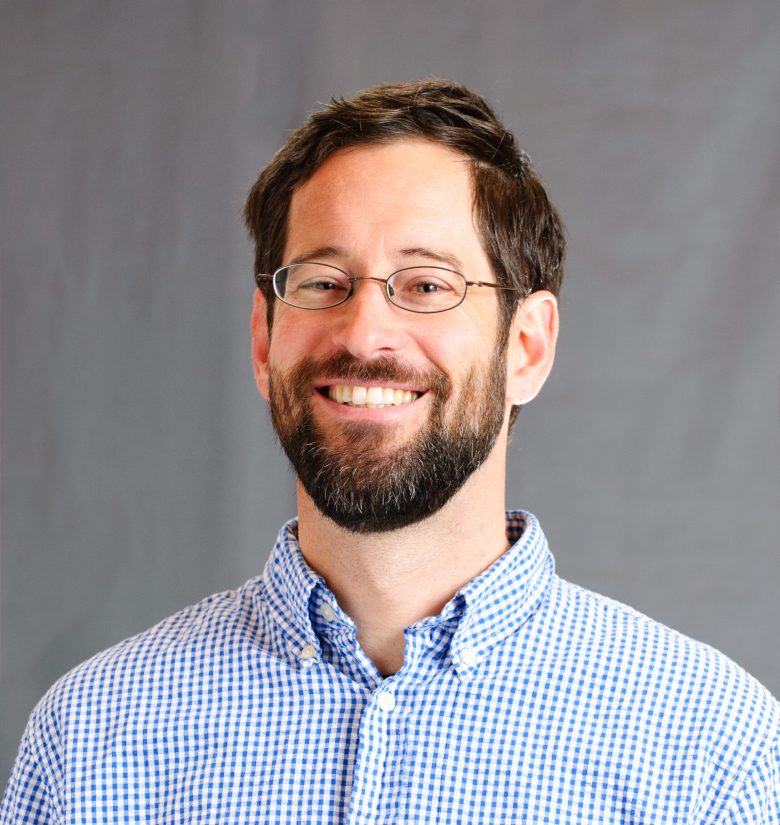
Tim Billo
- Assistant Teaching Professor in the Program on the Environment
Tim Billo
- Assistant Teaching Professor in the Program on the Environment
Autumn 2026-27 Admissions: As an Assistant Teaching Professor in the Program on the Environment, Dr. Billo does not ordinarily admit graduate students. Dr. Billo is not accepting students for graduate admissions.
Billo’s academic interests center around the study of nature, and more recently, the relationship between people and nature. His earliest research experience was at Williams College in the forests of western Massachusetts where he spent several years documenting the ecological response of forests to the loss of the American chestnut, a once prominent tree species virtually eliminated by an introduced fungal pathogen. Later, in graduate school at the University of Washington, Billo studied the evolutionary implications of behavioral interactions between two closely related bird species in the tropical rainforests of Panama and Costa Rica. Under his advisor, Dr. Mike Beecher, he also participated in a long-term study based in Seattle’s Discovery Park on the ways in which song sparrows learn and use their songs. Behavioral studies of birds have implications not only for fundamental questions in evolution, such as how new species arise and co-exist with other species, and/or how vocal dialects evolve, but also for conservation. For example, two populations that are visually similar may be distinguished from others in the species by their behavior, making one population a worthy candidate for conservation action. Bird behavior is also simply fascinating in its own right, and there is no end to the discoveries and questions we can ask based on the amazing things that our non-human neighbors do every day right under our noses here in the city.
As a resident of an urban area, and with a desire to reduce his carbon footprint and stay close to his family, Billo has turned his research attention to Seward Park, a forested urban park. Seward Park’s remnant old growth forest is a refuge for both people and nature, an “island” of habitat in the mostly deforested landscape of Seattle. For the past decade Billo and his students, along with local citizen scientists, have studied sword ferns and western hemlock, two species that are experiencing severe die-off at Seward Park. We have established and surveyed a system of permanent plots throughout the park in order to monitor vegetation change over time. They are doing experimental work to understand the causes of die-off, and to restore areas affected by die-off. Seward Park is a model system for understanding the challenges facing our urban forests that are so important to the physical and mental well-being of city residents.
It’s Billo’s belief that everyone has a right to experience nature and to live in a healthy environment. As such, he’s interested in the ways in which humans benefit from immersion in nature. Billo and his students frequently explore this question, as well as the more fundamental questions of how we define “nature” and “immersion.” Through courses such as ENVIR 280 (Natural History of the Puget Sound Region), Billo strives to make urban nature more accessible to students, and in ENVIR 315 (Environmental Pedagogy) he takes it a step further by running urban nature experiences for Seattle public school children at a Title 1 school. At the Program on the Environment, Billo teaches with elders from local tribes, challenging students to compare and contrast Euro-centric and Indigenous conceptions of nature, and consequently, the ramifications both for the stewardship of nature and the colonial exploitation of Indigenous people and their lands in North America.
Billo worked for many years as an environmental educator and wilderness trip leader and continues this work through courses including ENVIR 280 and ENVIR 315 mentioned above, and ENVIR 380 (Wilderness in the Anthropocene), which explores the history, philosophy, and management of wilderness from a variety of cultural perspectives. Other courses I teach include ENVIR 100 (Introduction to Environmental Studies), ENVIR 301 (Research Methods), ENVIR 495 (Ecology, Conservation, and Sustainability in Peru) and Honors 392 (Cultural Landscapes of Seattle).
Read about Tim’s popular course, ENVIR 380, which involves a 9-day trek into either Olympic National Park or Glacier Peak Wilderness in the Cascades:
http://sites.uw.edu/envir3802023/
http://sites.uw.edu/envir3802024/
Here, you can read about ENVIR 495E, Wilderness management in Alaska: conflict and reconciliation: http://sites.uw.edu/gb2018uw/
You can read about Tim’s other courses and research at: